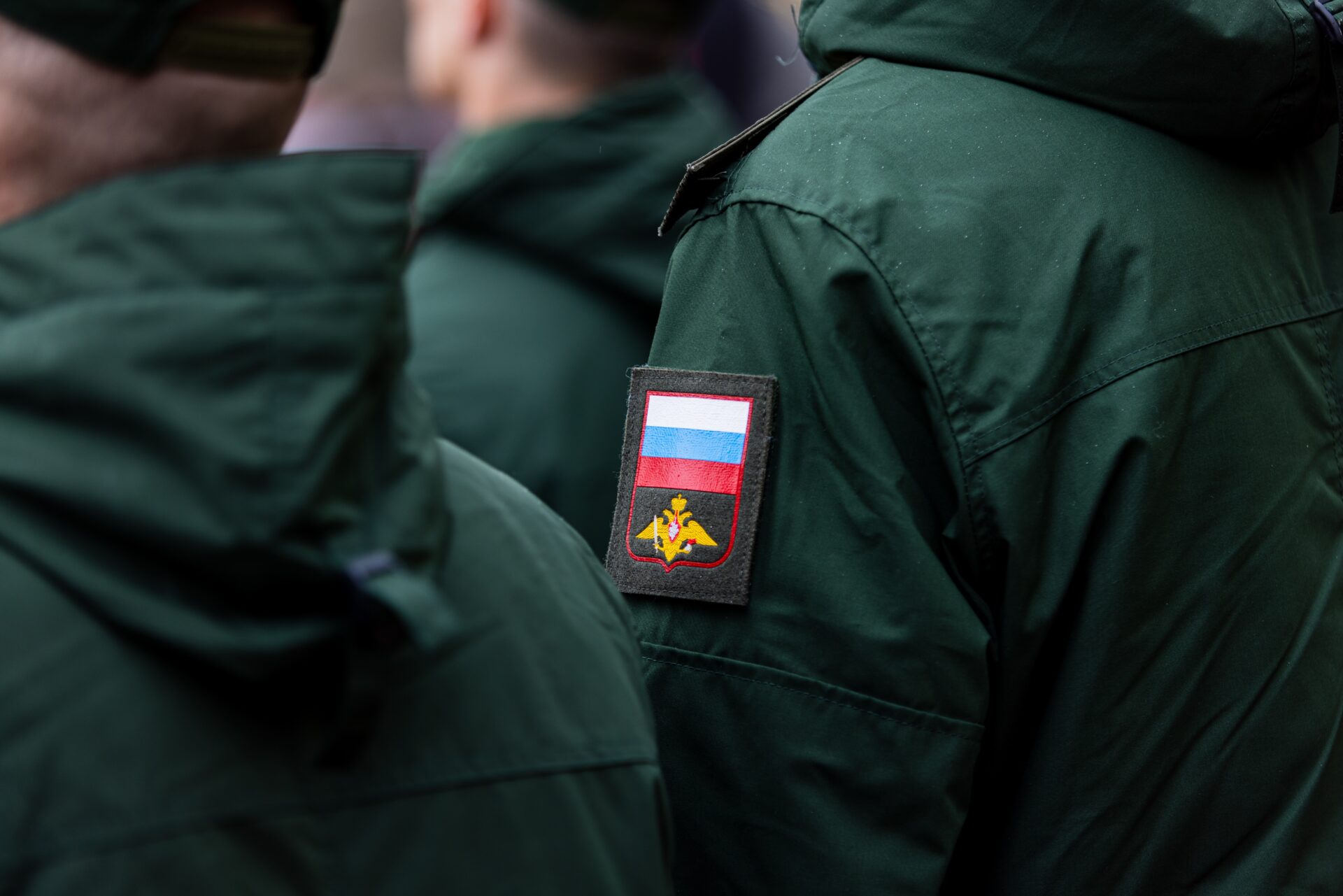
New Intel SCANDAL—Coverup EXPOSED?!
A newly released whistleblower account alleges senior Obama-era intelligence officials pressured dissenters to endorse disputed findings on Russian interference, escalating concerns over political influence and eroding trust in U.S. institutions.
At a Glance
- Declassified documents allege whistleblower was threatened to support the 2017 Russia election assessment
- Claims include suppression of dissent and pressure to align with official intelligence conclusions
- Director of National Intelligence Tulsi Gabbard calls for a thorough investigation and backs whistleblower’s testimony
- Questions raised about potential manipulation of intelligence and internal oversight processes
- Public and lawmakers renew calls for transparency and accountability in intelligence operations
Whistleblower’s Account Raises New Questions
The Office of the Director of National Intelligence published documents this week detailing claims by a senior whistleblower who says they faced explicit threats after challenging the process behind the 2017 Intelligence Community Assessment. According to the released records, the whistleblower began voicing concerns in mid-2016 regarding the reliability of certain intelligence sources and the direction of the assessment. Supervisors are alleged to have warned that dissent would harm career prospects, effectively pressuring the official to support predetermined findings.
Watch now: DNI Tulsi Gabbard Reveals Whistleblower Faced Threats Over Disputed Russia Hoax · YouTube
The whistleblower’s repeated attempts to bring their concerns to both the Intelligence Community Inspector General and the Justice Department reportedly went unanswered for years. Only with the recent declassification have details emerged, including allegations of intelligence being selectively presented or downplayed to fit an established narrative. These new disclosures have intensified scrutiny of intelligence leadership and revived debate over how information was handled at the highest levels.
Allegations of Suppressed Dissent and Political Pressure
The documents outline a timeline in which the whistleblower’s warnings about the use of disputed sources—including skepticism toward certain dossiers—predated the January 2017 assessment on Russian election interference. That report, which concluded that Russia sought to help Donald Trump in 2016, was cited as justification for several subsequent investigations and policy actions. The whistleblower claims that analysts who raised questions about the report’s methods or conclusions were discouraged or threatened with professional setbacks.
Officials named in the documents are accused of favoring intelligence that supported a specific outcome, while disregarding evidence seen as contradictory. Career advancement, according to the whistleblower, was linked to adherence to the “official” line, and challenges to the narrative were not welcomed. The controversy has sparked renewed calls for an independent review of how dissenting voices are handled within the intelligence community.
Leadership, Congressional, and Public Reaction
Director of National Intelligence Tulsi Gabbard publicly praised the whistleblower’s actions and condemned the threats described in the documents. She urged for a full investigation, emphasizing the need for accountability and transparency in intelligence work. Lawmakers from both parties have responded with calls for hearings and greater oversight, while some former intelligence officials dispute the whistleblower’s account and defend the integrity of the original 2017 assessment.
Public reaction has been divided, with some viewing the revelations as evidence of deep-seated issues in the intelligence community, while others caution that the allegations remain under review. The case has reignited debates over the role of political influence in intelligence operations and whether existing safeguards are adequate to protect dissenters.
Trust and Reform in the Spotlight
The release of these documents comes amid already low confidence in government institutions. Experts warn that perceptions of politicized intelligence may discourage future whistleblowers from coming forward, fearing retaliation or career jeopardy. Some observers note that previous official investigations into election interference have found no conclusive evidence of widespread political manipulation within the intelligence community, though the new whistleblower’s claims present a direct internal challenge to those conclusions.
Calls for reform and greater transparency are growing, as lawmakers and advocacy groups urge the establishment of independent mechanisms to review sensitive intelligence practices. The coming months may see new efforts to examine both the whistleblower’s specific allegations and broader questions about how intelligence is produced and vetted at the highest levels.


